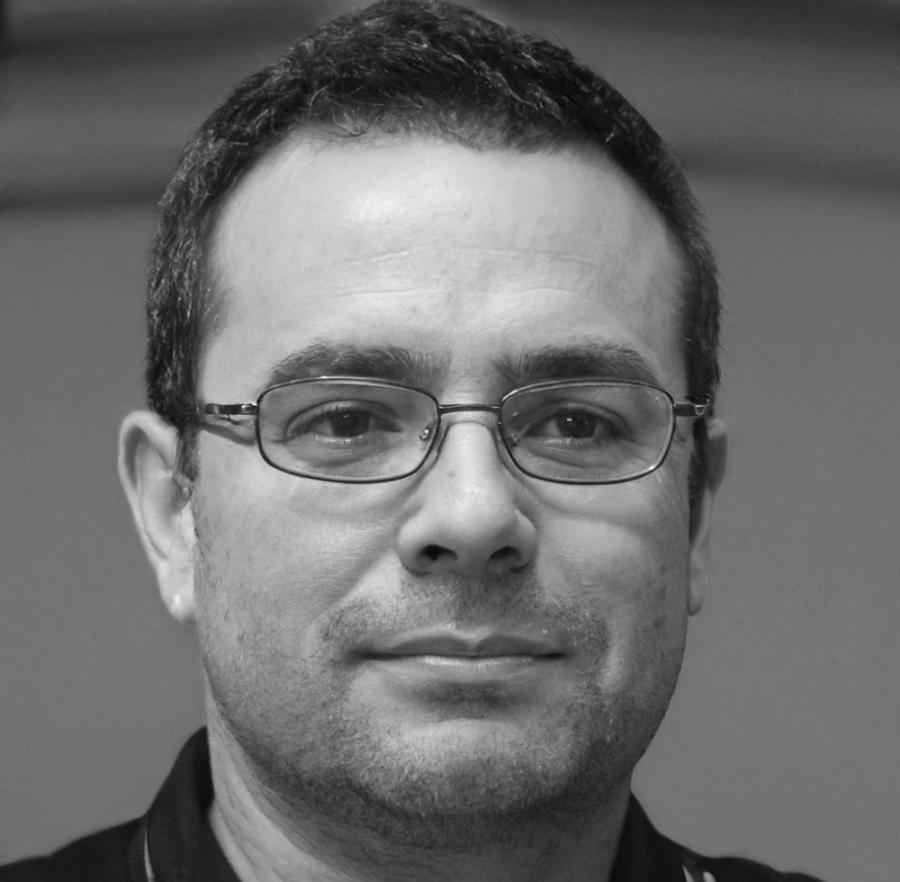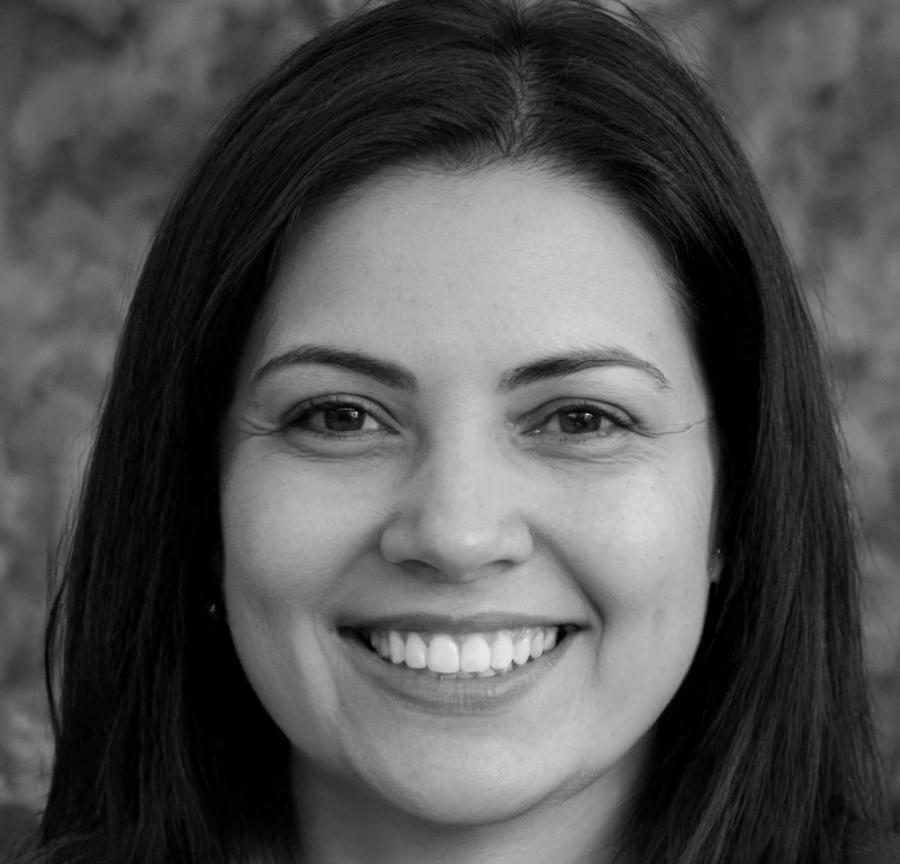Build Financial Confidence Through Practical Learning
A structured approach to mastering family budgeting skills that work in real life.
Most people don't need more financial theory. They need practical methods they can actually apply when bills arrive and expenses pile up. Our program walks you through the exact steps families use to track spending, plan ahead, and make decisions that stick—without overwhelming spreadsheets or confusing jargon.
Start Your JourneyWhat You'll Actually Learn
Six months of focused learning, starting September 2025. Each module addresses one specific challenge families face when managing money.
Foundation Setup
Weeks 1-4
- Creating a tracking system that actually works for your family
- Understanding where money goes (the honest assessment)
- Setting up categories that match real spending patterns
- Building your first monthly overview
Smart Planning
Weeks 5-8
- Planning for irregular expenses without panic
- Creating buffers that prevent emergencies
- Adjusting plans when income changes
- Making trade-offs that align with priorities
Decision Methods
Weeks 9-12
- Evaluating spending choices quickly
- Handling competing family priorities
- Deciding when to spend and when to wait
- Communicating about money without conflict
Goal Setting
Weeks 13-16
- Breaking big goals into manageable steps
- Balancing short-term needs with future plans
- Tracking progress without obsessing
- Adjusting goals as circumstances change
System Refinement
Weeks 17-20
- Streamlining your tracking process
- Automating routine decisions
- Identifying patterns in your spending
- Making your system easier to maintain
Long-Term Habits
Weeks 21-24
- Building routines that last beyond the program
- Teaching kids about money in practical ways
- Preparing for major life changes
- Staying flexible while maintaining structure

Meet Your Instructor
Hwang Yeong-Sook, Family Finance Educator
I've spent twelve years helping families in Taiwan figure out their money situations. Not through fancy investment strategies or get-rich schemes, but through the boring stuff that actually works—tracking, planning, and making conscious choices about spending.
Before this, I made plenty of financial mistakes myself. I know what it's like to feel behind, to avoid looking at bank statements, and to wonder where the month's salary disappeared to. That experience shapes how I teach—no judgment, just practical steps that work for regular families.
Teaching Approach
- Real Examples
- Flexible Methods
- Practical Tools
- Open Discussion
- Progress Focus
Your Learning Timeline
Here's what typically happens during the six-month program. Everyone moves at their own pace, but this gives you a sense of the progression.
Getting Oriented
Month 1
You'll set up your tracking system and start seeing where money actually goes. This phase feels uncomfortable for most people—that's normal. We're building awareness, not judging past choices.
- Complete picture of current spending patterns
- Working tracking system customized to your situation
- Clear categories that make sense for your family
Building Structure
Months 2-3
Now we create plans that account for irregular expenses and income variations. You'll learn to build buffers and make trade-offs that align with what matters to your family. This is where things start clicking.
- Monthly planning routine that takes under 30 minutes
- Buffer system for unexpected expenses
- Methods for handling competing priorities
Developing Confidence
Months 4-5
By now, you're making faster decisions and feeling more certain about spending choices. We focus on refining your system, setting meaningful goals, and building routines that don't require constant willpower.
- Quick decision-making framework for daily choices
- Progress tracking system for bigger goals
- Streamlined processes that save time
Sustaining Habits
Month 6
The final phase prepares you to continue independently. We address how to maintain your system during major life changes, teach financial concepts to children, and build flexibility into your approach so it adapts as circumstances shift.
- Self-sufficient management skills
- Strategies for teaching kids about money
- Plans for adapting to future changes
What Participants Say
Honest feedback from families who completed the program in 2024.
I thought I needed complicated spreadsheets and financial software. Turns out, I just needed a clear method and someone to explain the basics without making me feel stupid. The tracking system we built takes me maybe twenty minutes a week now, and I actually know where our money goes.
My husband and I used to argue about spending constantly. The communication methods we learned changed that completely. We still disagree sometimes, but now we have a process for making decisions together instead of just reacting emotionally. That alone was worth the program cost.
Ready to Start?
Next cohort begins September 2025. We keep groups small so everyone gets individual attention.
Get Program Details
